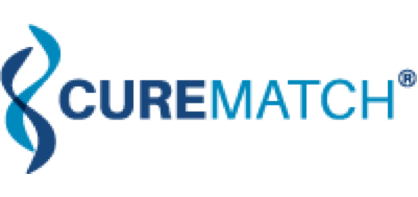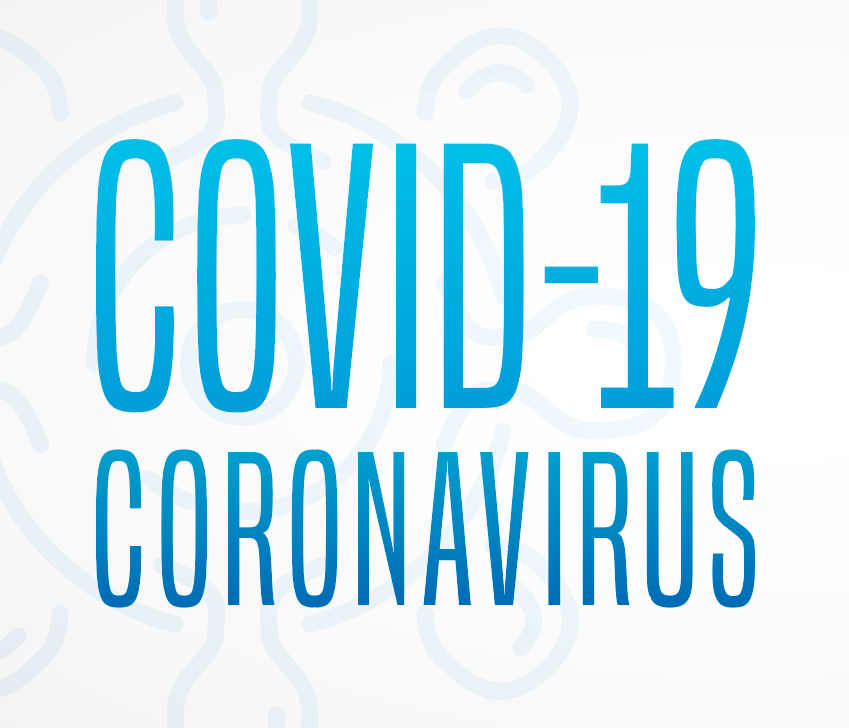64 FDA-Approved Drugs Identified as Potential Treatments for COVID-19
Scientists from CureMatch and UCSD use pharmacophore-based drug design and a molecular docking technique to identify candidate protease inhibitors for COVID-19
SAN DIEGO, CA – April 15, 2020 – CureMatch, a digital health company focusing on personalized medicine and combination therapies, today announced that Chief Science Officer and Co-Founder, Dr. Igor Tsigelny, along with Dr. Valentina Kouznesova of the San Diego Supercomputer Center and Moores Cancer Center and David Huang of the San Diego Supercomputer Center and CureMatch have jointly published a study that identifies 64 FDA-approved drugs as potential COVID-19 protease inhibitors. Included in their list are three drugs that have already shown some benefit for COVID-19 treatment, making research into the COVID-19 protease a promising path to rapidly finding drug candidates to treat patients infected with the novel coronavirus.
“The need is critical to find drugs that can be immediately used to treat patients suffering from COVID-19 worldwide,” said Dr. Tsigelny. “Our research has centered around drugs that are already FDA-approved and effective in treating other viruses in order to find compounds that will not only be useful in fighting COVID-19 but also safe with minimal side effects.”
Begun in March of 2020, the study used the recently published structure of the COVID-19 protease[1] to develop a pharmacophore model of the protease inhibitor-binding pocket. The COVID-19 protease is a key viral protein related to the production of other viral proteins that harm the patient. The drug-candidates can be thought of like a key fitting into a lock. The COVID-19 protease inhibitor is the key and the binding pocket is the lock. An effective protease inhibitor will fit into the binding pocket, also called “docking” and block the COVID-19 protease from its function. Next, the team conducted data mining of the conformational database of FDA-approved drugs. Through this search, the team found 64 compounds that fit the binding pocket’s shape.
They then tested these 64 drugs to see which ones fit into the binding site with the lowest effort or ‘free energy’. They listed each compound organized by lowest to highest free energy value. Using the same model and process as with the 64 compounds, they also tested randomly selected compounds. The results show that the 64 chosen compounds perform better than the randomly selected compounds in terms of free energy, meaning they will likely perform better as a protease inhibitor for COVID-19 than the randomly selected compounds. Unique to the methodology of this study is the combination of the pharmacophore-based drug design and molecular docking of the possible conforming drugs.
A major benefit of this research is that all proposed drug candidates are already approved by the FDA, meaning that all 64 drugs chosen for this study have been tested for safety and proper dosage for patients. This speeds testing and development time and can potentially result in drugs approved much faster to fight COVID-19. The next step in this research will involve using a much larger database of FDA-approved drugs and available natural compounds to run the same search using the same pharmacophore/docking approach. The goal would be to run the same search strategy with the NCI database of around 250,000 compounds.
A full description of the study and results achieved can be found here. Research teams interested in exploring this study further should reach out to Dr. Tsigelny at itsigelny@curematch.com or itsigeln@ucsd.edu.
————————————————————-
[1] Zhang L, Lin D, Sun X, Curth U, Drosten C, Sauerhering L, Becker S, Rox K, Hilgenfeld R. Crystal structure of SARS
-CoV -2 main protease provides a basis for design of improved alpha – ketoamide inhibitors. Science. 2020; 2020: pii: eabb3405. [Epub ahead of print] 2020 Mar . doi: 10.1126/science.abb3405.

